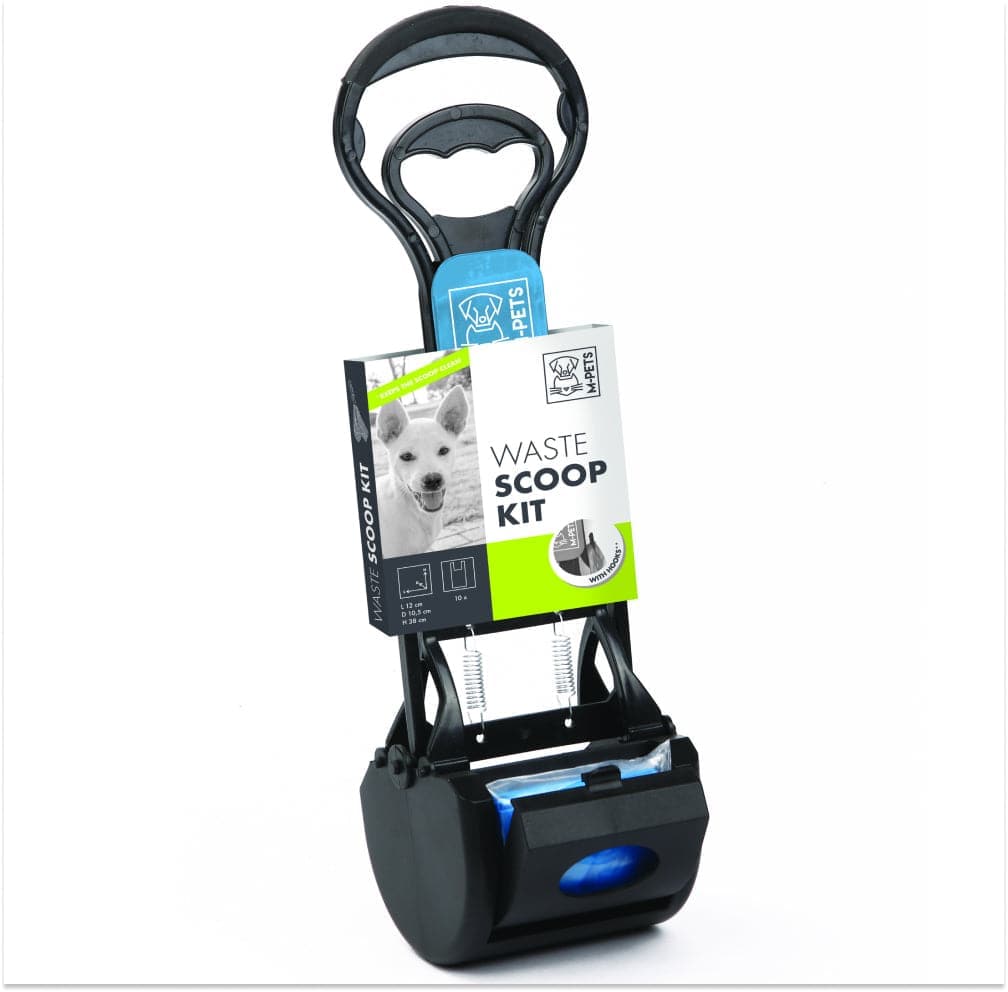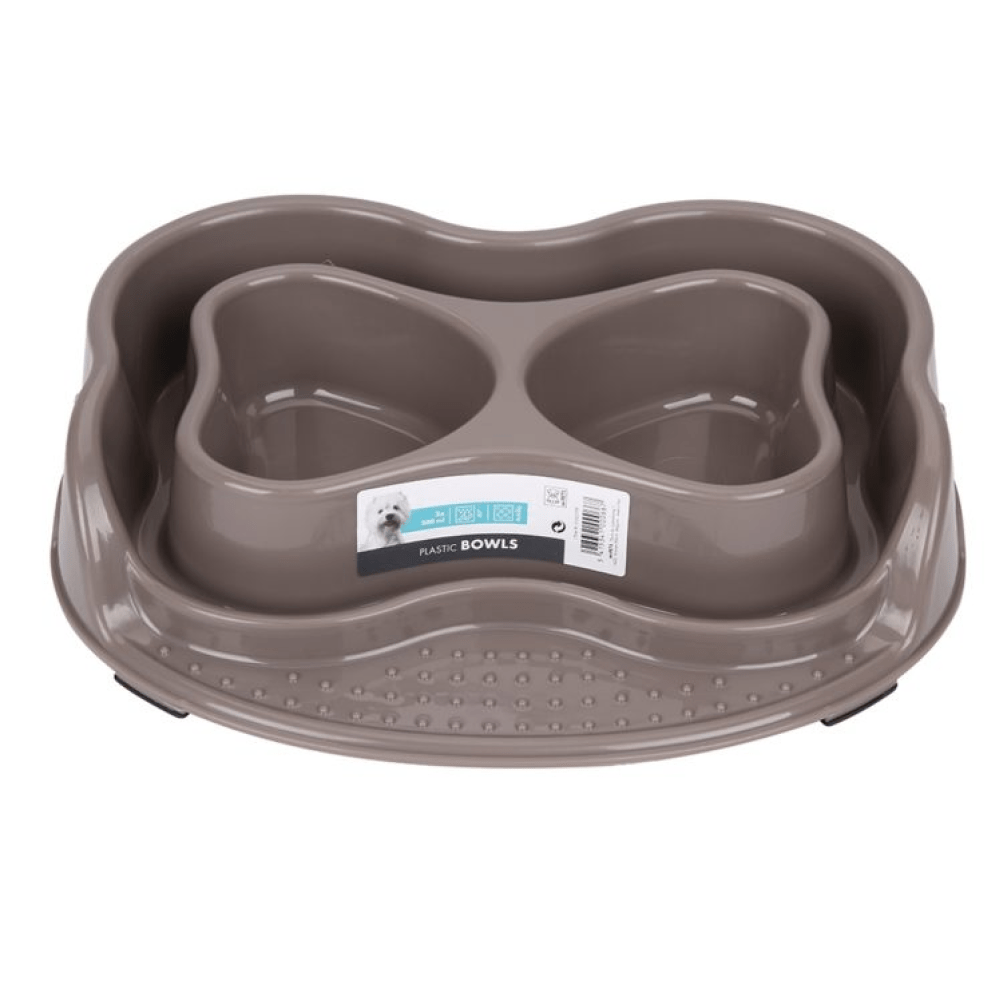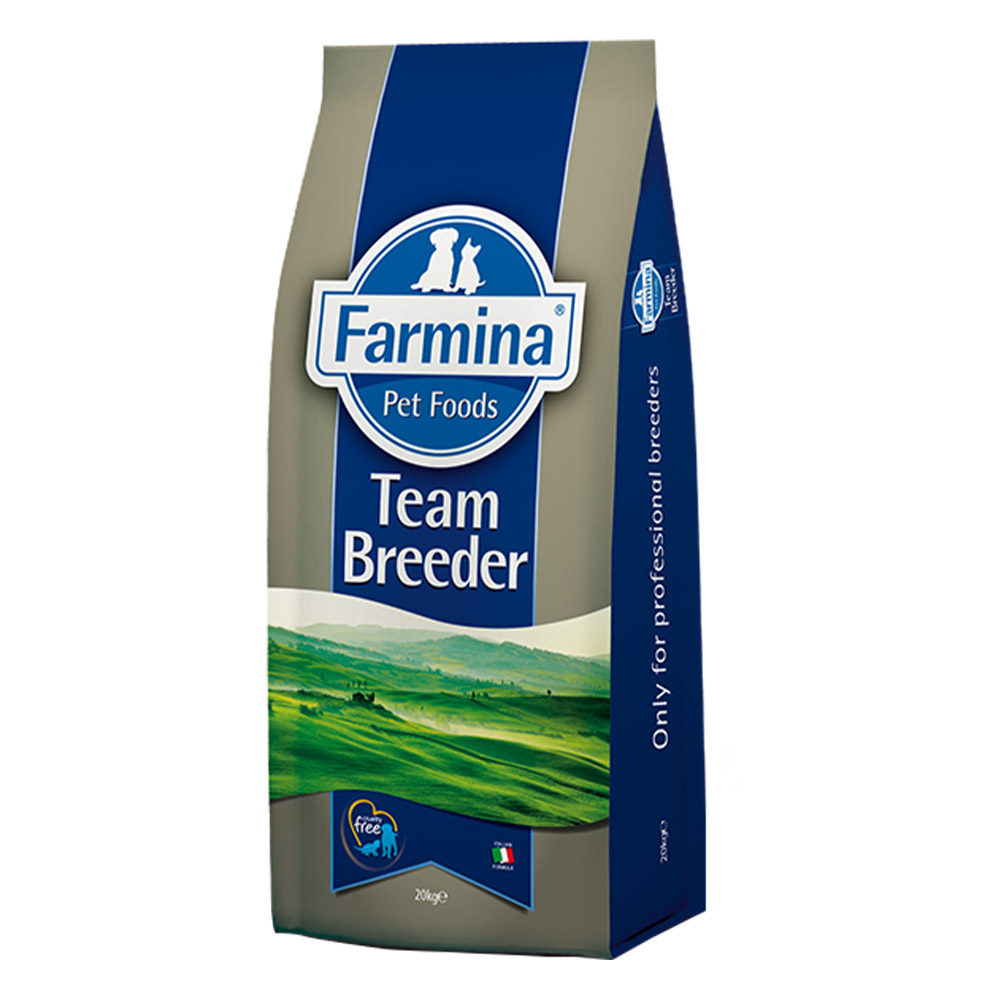
Welcoming a large-breed dog into your home is undoubtedly the beginning of an exciting journey. The most common large-breed dogs in India include Labrador Retriever, Doberman Pinscher, Golden Retriever, Rottweiler and Dalmatian. However, they come with their own set of unique requirements that you need to take into consideration. They include but are not limited to common health issues, specific nutritional needs, physical and mental stimulation and preventive measures.
In this blog, we are happy to put together a breakdown of the unique health requirements of large-breed dogs for you to refer to before you decide to adopt one.
Nutritional Needs
Contrary to popular belief, large-breed dogs should be offered a diet with a low caloric density. As these dogs have slower metabolic rates, they don’t burn calories as quickly as smaller dogs. They should be provided with optimum calories to keep them full and maintain their comfort. Therefore, while a small breed dog may need a small scoop of kibble, a dog of a large breed will need a bigger volume of food as they have significantly bigger stomachs.
Also, according to studies, offering large-breed dogs the right balance of calcium and phosphorous reduces the chances of orthopaedic diseases. They also benefit from glucosamine and chondroitin. The supplements promote joint health and help your dog’s mobility as they age. An ideal large-breed dog food also includes EPA to protect the joints and taurine to maintain heart health.
Physical and Mental Stimulation
Large-breed dogs should be provided with regular exercise to keep them happy and well-behaved. They can be offered a wide variety of activities that will help prevent health issues such as obesity, destructive behaviour and boredom.
Some of the common exercises that offer large-breed dogs physical and mental stimulation are walking and hiking, fetching and tug-of-war, agility, dock diving and puzzles. Providing them with obedience training and taking them on play dates can help develop their social skills and reinforce good manners.
Common Health Issues
No dog breed is immune to health issues. The health concerns that are commonly found in large-breed dogs differ from that of small-sized pooches. Identifying these issues in the initial stages reduces the chances of long-term complications.
The most common health problems that large-breed dogs commonly fall prey to include:
- Bloating
- Arthritis
- Dilated Cardiomyopathy
- Hypothyroidism
- Cancer
- Elbow Dysplasia
- Cruciate Ligament Injuries
- Hypertension
- Aortic Stenosis
- Spondylolisthesis
Preventive Measures
Effective preventive measures act as the first line of defence against potential health issues and ensure your dog’s good health and long life. Following are some of the essential preventive measures that parents of large-breed dogs should make a note of.
-
Maintaining Vaccination Schedules and Offering Preventive Medications
Large-breed dogs require regular vaccines to keep viruses and diseases at bay. You must consult your veterinarian to understand what vaccines your dog would require and their schedules.
The veterinarian can also advise you on the preventive medications that you can offer your pooch to prevent heartworms and other parasites.
-
Conduct Regular Veterinary Check-Ups
Scheduling regular medical check-ups can help you detect potential health concerns at an initial stage and manage them with utmost efficiency.
-
Addressing Common Health Issues
While every dog has a different journey, there are certain health issues that large-breed dogs are susceptible to. They include hip dysplasia, elbow dysplasia and bloating. Discussing them with your vet and taking measures to prevent them will help ensure your dog’s comfort and well-being.
Challenges
Large-breed dogs generally need more space to live when compared to smaller ones. Therefore, before adopting a large dog it is important that you consider your living space and ensure that the dogs have ample areas to move both indoors and outdoors.
You should also invest in sturdy furniture and make designated safe zones for your dog so as to prevent unwanted crashes.
Other challenges can include shedding, slobber and drool puddles which you will need to embrace with a smile. Regular grooming and cleaning routines can help you keep your home clean and well-maintained.
Wrapping Up
Parenting a large-breed dog is a rewarding journey filled with endless love. By providing them with proper exercise, nutrition and a healthy living atmosphere, you will be able to ensure their happiness and a long life. We hope that our blog has helped you with the necessary information about taking care of a large-breed dog which will encourage you to welcome one to your family with open arms.
Cat Vaccinations Explained: The Purr-fect Guide to Keeping Your Feline Healthy

If you have just added a cute kitten to your family or adopted a rescued cat and need guidance for their vaccination, this article is for y...
Pawsandpaws | Apr 16, 2025How to Train Your Dog to 'Speak' on Command

Dog parents tend to speak to their dogs to communicate with them. But do you know that you can teach them to answer back? Training your dog...
Pawsandpaws | Apr 02, 2025




















